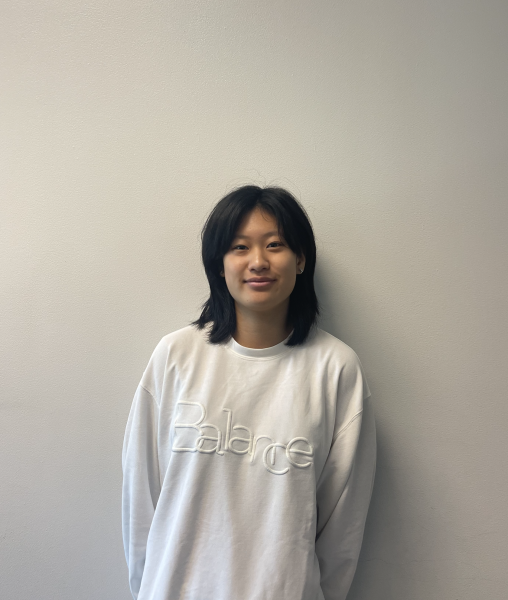There’s a Part of Me That Prefers to be a Creative Recluse
When I was five years old I began hearing stories in my head. Consequently, I began to imagine people who weren’t really there. They weren’t exactly imaginary friends or parts of some pretend game. They were real, living, breathing people whose world I observed as an outsider. At first, I started out representing the voices with dolls and then gradually the material connections to this other world lost their importance. By the time I was 8 years old, I had created such an elaborate other world that I could envision each of its approximately 20 characters down to just about every single aspect of their physical appearance, personalities and occupations solely within my mind. I didn’t have a lot of friends as a child.
Of course, at 8 years old, I didn’t really understand what I was dealing with. I wouldn’t have dared to imagine that I could craft a novel, or write a short story or poem, or even do anything with the stories that just came rushing at me. I thought, at first, that the stories were just a gift not meant to be shared but to be enjoyed by me alone.
Eventually, I got the idea that maybe, if I shared my stories with other people, it might create an army of other people who could live in the same world as I did, and maybe somehow understand my thoughts and actions (sometimes I would hide from other children on the playground so I could work on my stories). My first attempts at writing my stories down were terrible. Aside from the fact that they were written by an eight year old child, they were too small of fragments of my imagination, parcels of thought that weren’t really complete so much as they were shimmering portions of good stories to come.
But then, in the fourth grade, my teacher showed me poetry. And as I began to write in verse, my thoughts were synthesized and transferred to the page in a way that was true to the world that was vibrant and pulsing inside my mind. The result was disturbing, and often heavily focused on death even coming from a nine year old child.
Gradually, I began to write short stories around the age of 10, and subsequently attended a string of creative writing camps that culminated in my recent experience attending a two-week creative writing camp at Skidmore College last summer. For me, attending the camp was more than just an educational experience. It was more than just putting something on my college resume. Living i dorms surrounded by writers, taking a poetry, non-fiction and fiction class every day, running through thunderstorms, lurking in musty old used-bookstores, buying an anthology of Robert Frost from 1975 that was really too big to take on the plane home; there is no place in the world that I could feel more at home.
It’s ways like these in which we uncover the things that we love. Ever since I was little, people have told me that my singing voice is special. I have gotten an enormous amount of help, I’ve competed, I’ve taken a voice lesson almost every week for eight years and I’ve been in an opera. My writing, however, is much quieter, much more representative of my thoughts (my singing is very emotionally charged), and has always gotten overshadowed by my performing career.
On top of that, sometimes my creativity has been limited by adults telling me that the stories that I write make them worry about me. While I agree that my stories can be provocative or psychologically complex or disturbing, there is nothing that I hate more than having my creativity limited in something that I consider to be the freest realm of the mind. In short, my journey with creative writing has largely been a quiet, personal one, unknown to the outside world until right now.




